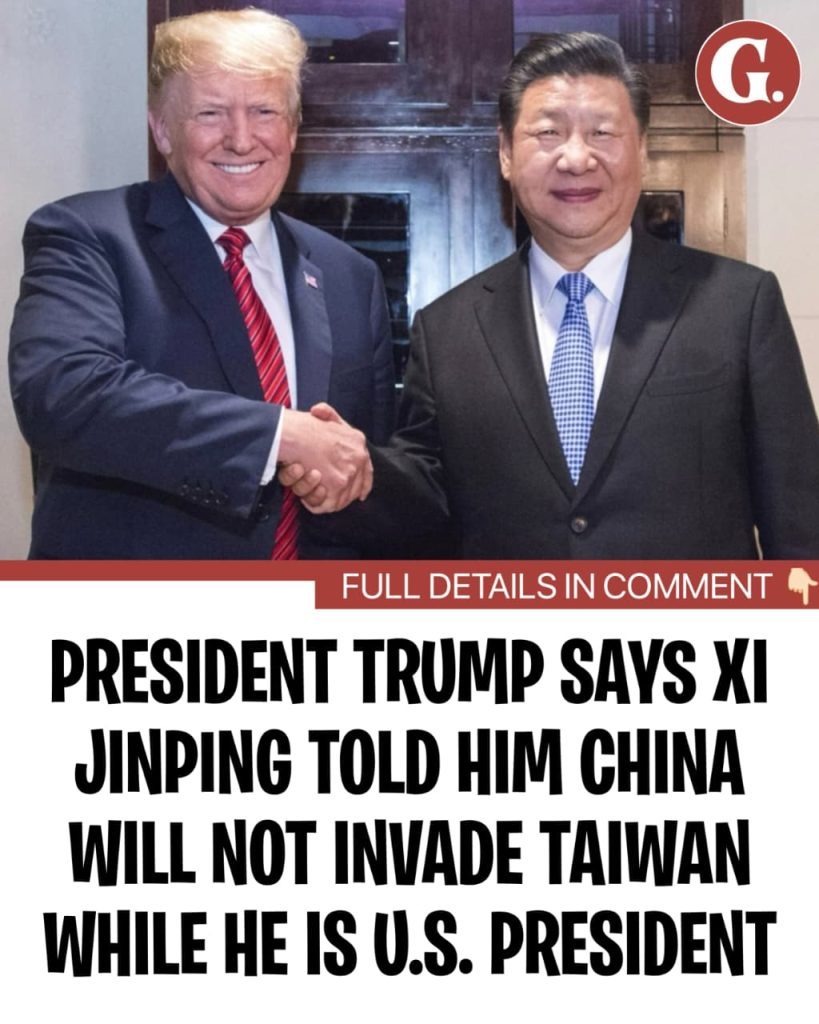Trump Says Xi Jinping Told Him China Won’t Invade Taiwan While He’s President—Here’s What’s Actually Going On
I want to take you on a ride through a moment that’s part political drama, part whispered promise—yet grounded in a history of tension that makes the whole thing feel loaded with possibility and danger. Picture this: President Donald Trump, gearing up for a meeting in Alaska with Vladimir Putin, shares this: Xi Jinping told him directly that China would not invade Taiwan while Trump remains in office. Trump says, “I will never do it as long as you’re president,” and even added, “China is very patient.” It’s a headline that sizzles, full of bold assurances and global stakes.
Let’s unpack it together, layer by layer.
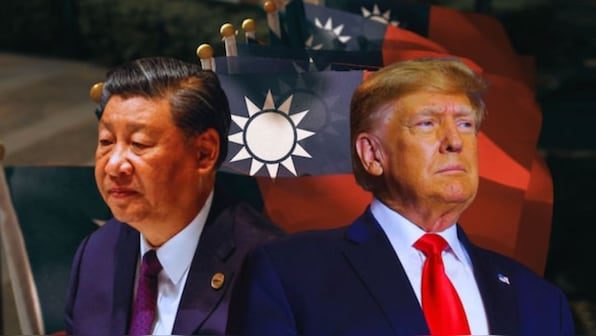
Trump’s comments came during an interview on Fox News, as he prepared for talks with Putin about Ukraine—and perhaps aimed to underscore his influence in global affairs. Reuters captured it bluntly: Trump said Xi promised he wouldn’t invade Taiwan while Trump is president, and that Xi emphasized China’s long-term patience. The New York Post added color, noting Trump’s murmur of “we’ll see” even as he said he “appreciates” Xi’s words.
Now, we should pause for a moment here. A promise between two powerful leaders can glimmer like a lifeline—but promises aren’t treaties, and words can be slippery when spoken behind closed doors. We know the Chinese Embassy quickly stepped into frame, reminding the U.S. that Taiwan remains “the most important and sensitive issue” in bilateral relations. They urged America to honor the One-China policy and act carefully.
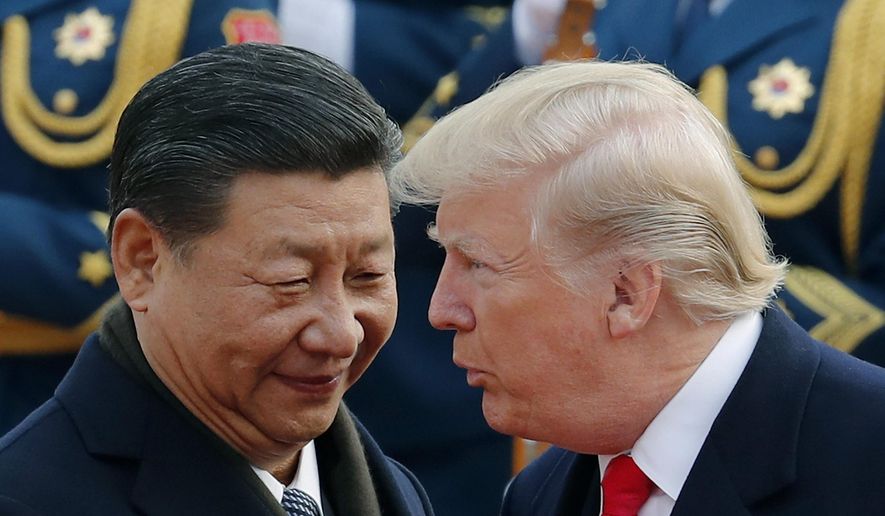
Meanwhile, lawmakers in Taiwan themselves offered quietly grounded wisdom. Wang Ting-yu of the ruling Democratic Progressive Party thanked allies, but warned that relying on a rival’s words isn’t strategy—“strengthening our own defense capability is fundamental,” he declared.
Here’s what I’m left thinking.
First, there’s the promise itself. If it’s genuine, it conveys Xi’s message to the world that provoking conflict with Taiwan is not on the table—for now. His claim of being “very patient” hints at endurance, not capitulation.
Second, the backdrop makes it more layered. China has not renounced the use of force in its official policy toward Taiwan. In fact, the principle of peaceful reunification exists alongside a statement that “force cannot be ruled out.” So Xi’s assurance might feel personal, but it’s less of a legal barrier and more like an unspoken, momentary truce.
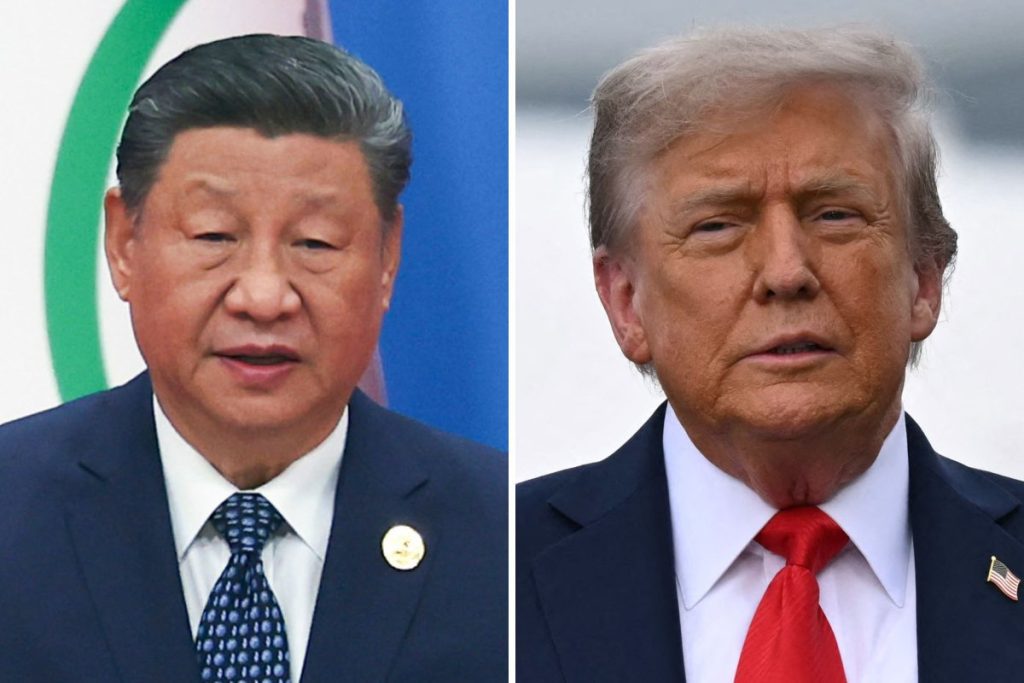
Third, the U.S. policy has always been one of strategic ambiguity. Back in December 2016, Trump phoned Taiwan’s president and questioned whether the U.S. was bound by the One-China policy. So this moment today—claiming Xi’s word—is part of a longer pattern of U.S.-Taiwan-China diplomatic moves that break from established protocol.
Fourth, let’s talk about the optics. Trump is conducting diplomacy with Putin, and now he shares this assurance from Xi. It reinforces his role as a global dealmaker and puts headlines around him: “He’s powerful enough to get a personal assurance from Xi!” Whether it changes anything is another question—but for the audience watching, it resonates as a display of influence.
What makes me pause, though, is how Taiwan views its security. Every day, Taiwan hears old promises. Leaders ask for time to unify or say they’re patient. But Taiwan’s government and its people know peace isn’t something you order. It’s something you earn through readiness. Wang’s statement reflects that realism: hope, but no blind trust.
At the same time, U.S. actions remain consistent—Taiwan isn’t formally recognized as a nation, but the U.S. is its largest arms supplier and strongest informal backer. Complex, yes—but purposefully ambiguous.
Truth is, no president or prime minister in the modern world insists on their own safety by verbal guarantee. Security relies on strategy, alliances, and strong deterrence.
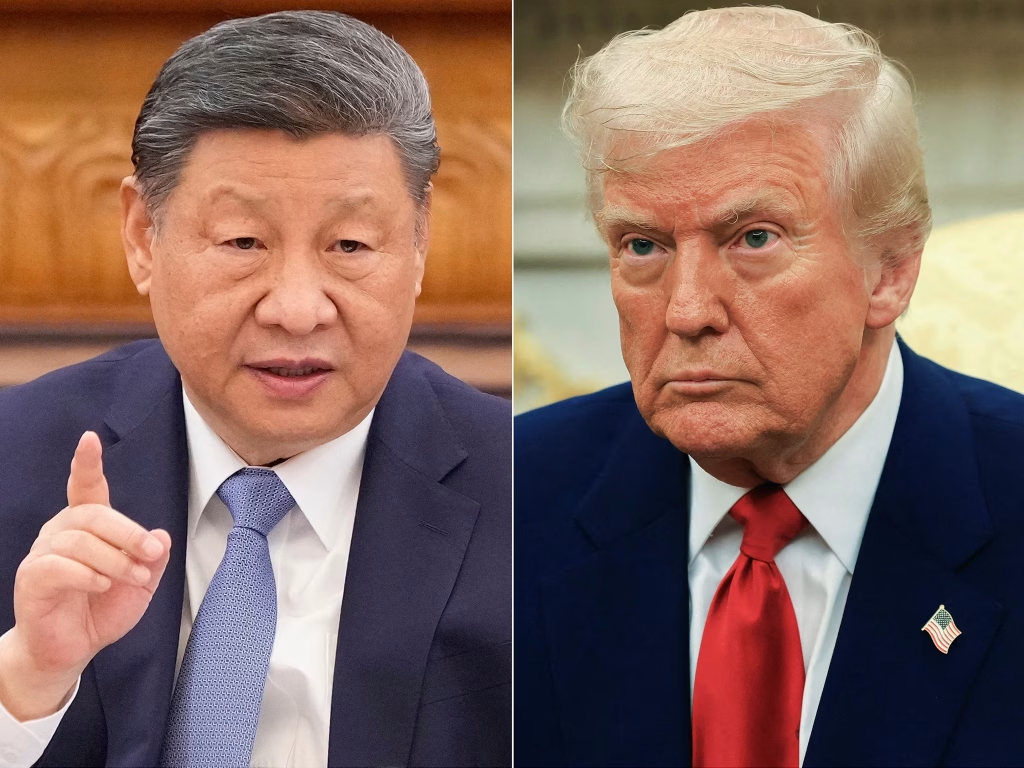
That’s why these headlines shine bright—but they shouldn’t blind us. Trump’s words about Xi’s promise are bold; they’re newsworthy; they’re exactly the kind of story that spreads quickly on Facebook, cable, and social media. But it is more story than policy. A spark, not the flame.
So here’s where we stand: Trump said Xi promised not to invade while he’s in office. That claim is recorded. China’s official stance remains unchanged—one China, reunification by force possible. And Taiwan says, thanks, but we’ll keep investing in our own security.
It’s a modern parable of power, words, and waiting. A reminder that diplomacy often happens in whispers—and that the strongest guard against threats isn’t a promise, but preparedness.
